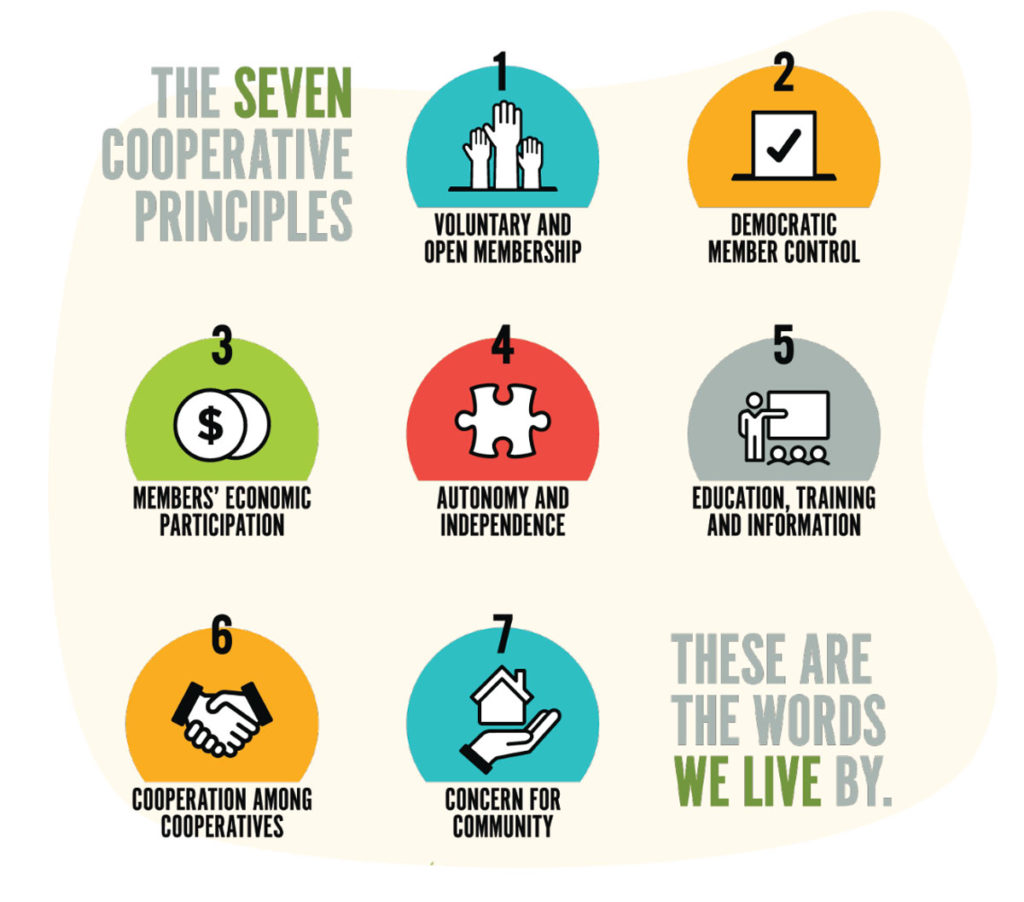
Cooperatives are owned and democratically controlled by their members— the people who use their services. For most other business models, the user of the service does not also own or control the business. Cooperatives differ from other types of corporations by the business model they follow.
A core value of the cooperative business model is democratic control. Members elect directors from the membership to serve on the cooperative board. Directors elect the board officers and hire a CEO who handles the day-to-day operations.
The board is responsible for guiding how the co-op’s finances and assets are used to fulfill the cooperative’s mission. They must do so in such a way that protects the cooperative and the interests of all its members. They approve the co-op’s strategic level plans, budgets, and capital credits. They also retain outside experts such as the attorney and auditor.
Another role board members have is that of an advocate. Directors must represent their members’ interests and concerns as they develop policies that guide the cooperative’s operation. In this role, directors must be able to explain cooperative issues and board policy decisions to the members, to public officials, and to regulatory bodies.
An important job of the board is to hire the CEO. Typically, the CEO oversees a management team that handles the operation of the cooperative. The CEO and management team are responsible for hiring and managing the co-op’s employees, preparing financial reports and operating statements for board review, working with the board to develop a strategic plan for the co-op, and representing the cooperative in the community.
Cooperatives’ democratic model gives members a way to participate in the direction of their cooperative. Whether it’s voting in an election, or serving on a local board of directors, members have a special ability to set the course for the cooperative they are a part of.
